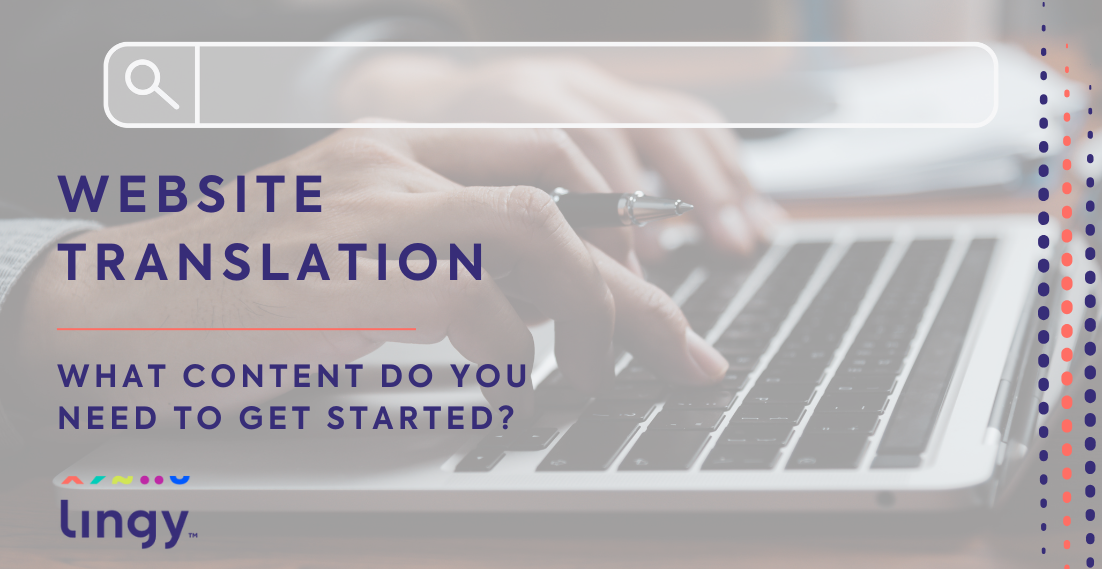Blockchain in the world of translation

The future of technology has a new name: Blockchain. What does this term actually mean? Blockchain is based on a distributed database. Users exchange data between one another, and each modification of such data requires authorisation and consent of all users. How? Data is formed into blocks. When content of a block is changed, a new updated block is added to the previous one. This way, a chain of encrypted data put in chronological order is created. The data may not be modified without consent of Blockchain users. This means that the database does not depend only on one user but on all users of the system, which makes it safer.
Until recently, Blockchain was primarily associated with Bitcoin or cryptocurrency in general. In this case, each chain block contained commercial transactions sent from one Bitcoin portfolio to another one. This way, the flow of money was not controlled by a central bank as in the case of traditional currencies. Nevertheless, Blockchain may be applied in several dozen ways. Some of them include uses in online translation of texts from one language to another.
Blockchain in the world of online translation
One of the possible uses of Blockchain is to track the process of translation within the scope of providing online translation services. When a user sends a document for translation, different people work on such a project, like translators or proofreaders, etc. Thanks to the use of Blockchain in the process of translation, a user has the possibility of monitoring the progress of translation, and consequently controlling particular stages of it, e.g. correcting any possible mistakes and suggesting adjustments. In this case, each block in the chain would contain data associated with the translated file. At each stage, from the initial translation to the final editing, any time a change is introduced that causes modification of the translation, a new block is added, updated with new data provided by the person who worked on the translation. A user who ordered the translation, i.e. the owner of the encryption key, has access to all blocks in the chain so that they can contact the translator in order to improve the quality of the work.
The above example is only one of the possible methods of using Blockchain in the industry of online translation services. Another example is the use of payment methods based on cryptocurrencies in order to manage translators’ remuneration. For instance, independent translators living in developing countries, where online payments such as PayPal are unavailable, could receive remuneration in cryptocurrencies. This would convert into new opportunities of employment and earning money.
Blockchain may also be used when working with a translation memory, i.e. a database created by professional translators containing segments with sentences translated into different languages, which can be used later with new translation projects. Thanks to Blockchain, different translation memories may be combined so that the system of neural translation similar to the one used by Google Translate, could choose the required part of translation from the database, while applying remuneration to its author. As you can see, when talking about Blockchain, we are also talking about the future. Will it be possible to implement it into daily lives of people? Time will tell.
Going global with your business? We will do the translations!
Why website localization is the key to success in foreign markets?
Find out why website localization (and not just translation) is crucial for B2B success in foreign markets. Discover 5 benefits for your business.
Website translation – what content do you need to get started?
Let’s see how to approach website translation strategically and decide which content is essential at the start.
Christmas Sale and Google Ads Campaign – How Marketing Translation Boosts Your Holiday Advertising
The Christmas season is a peak period for every marketing team and marketer. From e-commerce stores to service providers, everyone competes for the attention of shoppers ready to spend. A well-planned Google Ads campaign can make or break your holiday sales. But even the most creative advertising copy will fall flat if your message isn’t […]
Q4 Marketing Campaigns – The Last Call to Translate Your Online Content
In the last quarter of the year, many companies – especially in e-commerce – record their highest sales figures. Christmas shopping, clearance events, and Black Friday promotions encourage purchases not only because of discounted prices but also, due to powerful marketing campaigns that spark consumer excitement.



